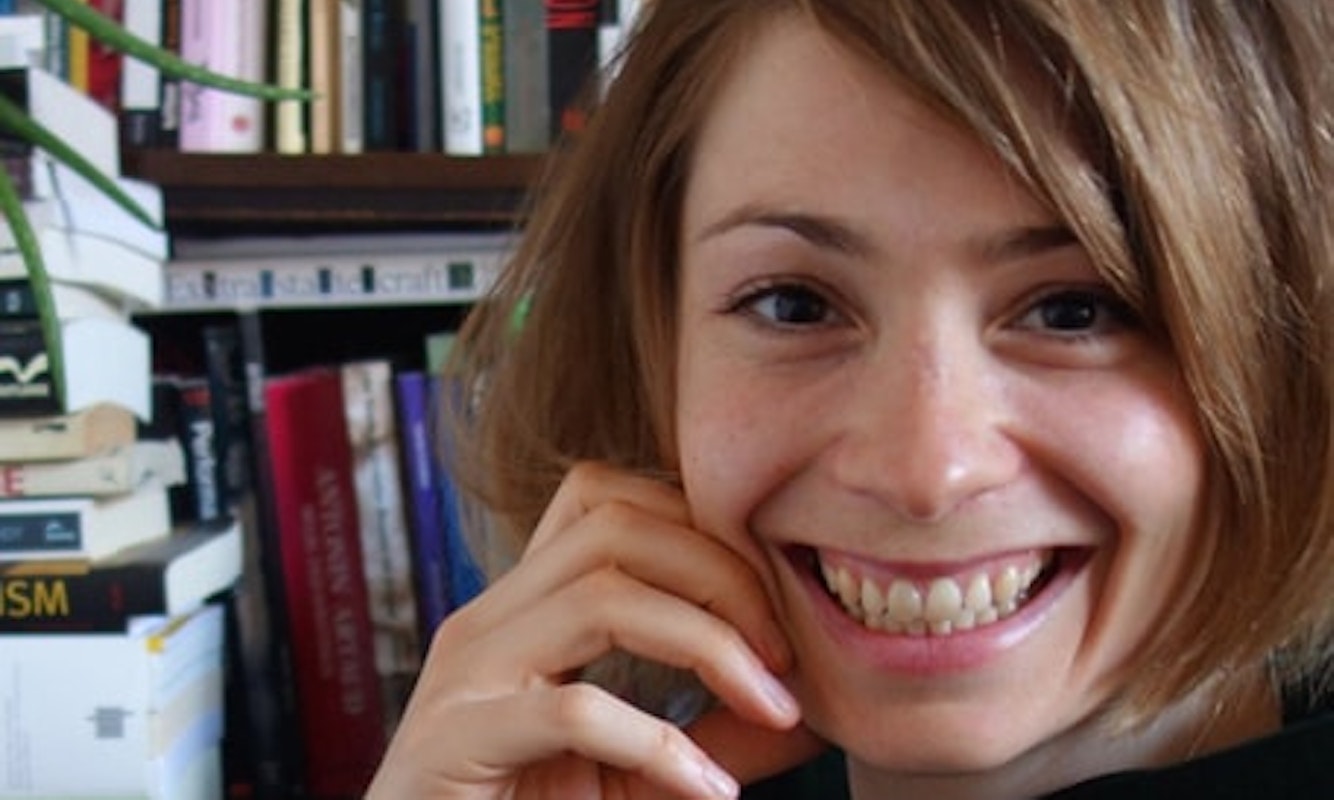
Lecture
Monday 14 December 2015, 1:00am
Gertrude Contemporary
21-31 High Street, Preston SouthFree event. No bookings required.
Gertrude Contemporary, Liquid Architecture and Discipline are pleased to present the final lecture in the 'Theories and Histories of Sound' series for 2015 on Monday the 14th of December: 'Listening to the Anthropocene: Sound and Ecological Crisis' by Anja Kanngieser.
This talk explores imaginations of the natural world at a time of accelerating global environmental crisis, in an era currently being defined as the Anthropocene, a geophysical term that 'recognises that human intrusion on the planet’s surface and into the atmosphere has been so extreme as to qualify our time on earth as a specific geological epoch.' It does so through mediums and methods of sound being used contemporaneously by artists, bio-acousticians and scientists to make sense of, and communicate, earth system changes. Mapping out a range of eco-acoustic practices from field recordings to data and geo-sonifications, the talk investigates how such practices seek to delineate, highlight, and/or overcome, distinctions between natural and social, urban and rural, exceptional and everyday.
This talk argues that these delineations are critical to perceptions of climate change, and its uneven human causations and effects. Fundamental to this investigation is the claim that such delineations affect the ability to listen to, and take care of, the myriad and complex ecosystems of which humans are a part. Grounded in research coming from the geo-humanities, this talk demonstrates that rather than being separate realms, the natural and social are deeply entangled and implicated in one another. As this talk emphasises, sound, as a medium that brings the world into proximity and envelops us, is uniquely placed to approach and communicate these critical, and ever more urgent, entanglements.
Anja Kanngieser is Vice Chancellors Fellow at the Australian Centre for Cultural Environmental Research, with a background in geography and communication studies. Her work focuses on the intersections of political economy and ecology, sound and social movements. She is primarily interested in the ways in which people strategise, antagonise and collaborate to create the living and working conditions they desire. Bringing into dialogue political economic theory with audio practices, she is engaged in the experimentation and invention of sound-based methods in the social sciences.